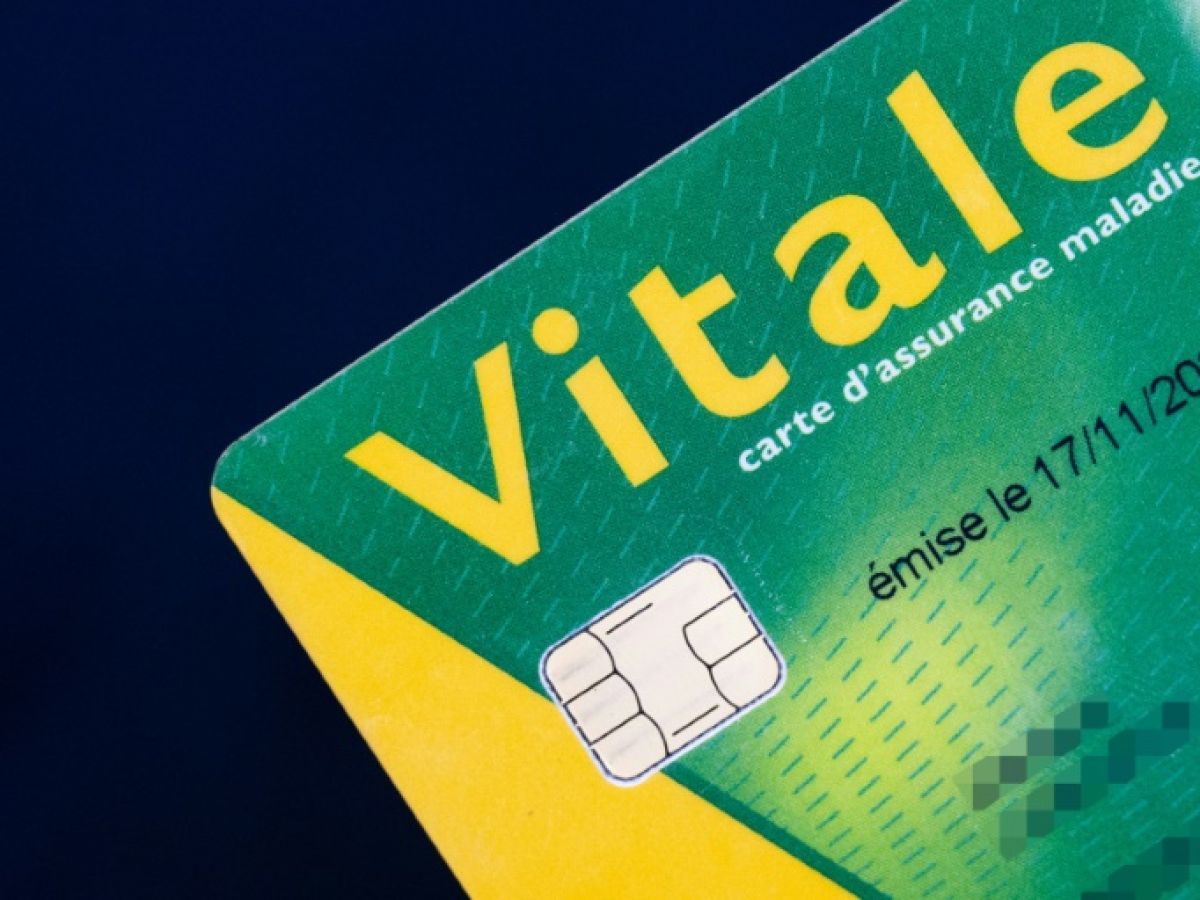The way the brain processes arithmetic exercises is very similar between mothers and children, especially if their skills in this area are weak, demonstrates for the first time a French study published in the journal PNASThese "neural codes" transmitted from parent to child could help identify learning disorders as early as possible, particularly in mathematics (dyscalculia), with the hope of being able to correct them.
Dyscalculia families, help science! The study researchers are seeking to replicate the findings described in this article with dyscalculic families. If this applies to you and you would like to participate, you can register here.
Dyscalculic children have difficulty handling numbers, just as dyslexics have difficulty handling words. Children of dyscalculic parents have a 50/50 chance of developing dyscalculia too, so there is an important family aspect.", explains to Science and Future CNRS neuroscientist Jérôme Prado. We were therefore looking for brain markers of these disorders from the angle of family transmission.. »
Read alsoDoes math aptitude really exist?
Similar brain activity between mother and child
In a functional MRI machine, which allows the activated areas in the brain to be observed, 37 mother-child pairs aged eight and over without dyscalculia solve simple calculations, such as 9+4 or 8-3. The activated areas form a "neural code," a sort of brain QR code, which the researchers compare between mothers and children. This is how we demonstrated that the mother's QR code was more similar to that of her child than to that of other children, particularly in regions involved in executive control.", explains Jérôme Prado.
These brain areas are responsible for working memory and attention, and allow for the memorization and manipulation of information over a short period of time. However, no significant mother-child similarities were found in the number processing regions. For the researcher, the nature of the task, an arithmetic operation, could explain this difference. With another task like estimating a numerical quantity for example, we might have less need for the executive function regions" he supposes.
Read also“Girls are bad at math”: School reinforces this gender stereotype in just 4 months
Especially mothers who are less proficient in mathematics
Read alsoDo you know about math anxiety?
One piece of data in particular has caught the attention of these dyscalculia specialists. The greater the similarity of the mother-child brain QR code when performing these operations, the more the child's skills resemble those of the mother. This is especially true for mothers who struggle the most with math. It is thought that struggling mothers will be more likely to engage executive functions than other mothers, which will make their strategies more similar to those of their children, because mothers who are more comfortable with math use more automatic calculation strategies. However, the less automated it is, the more you will use executive functions.", reasons Jérôme Prado. " This potentially indicates a transmission of brain organization in each family which could explain why difficulties in math are transmitted there.“.
Detect and treat dyscalculia early
Read alsoHow many people suffer from “dys” disorders in France?
These hypotheses remain to be tested by repeating the experiment with dyscalculic families, as well as by including fathers – mothers having been preferred in this first study for practical and budgetary reasons. If these similarities in the neural processing of mathematics are confirmed, the researchers hope that they will serve as early neuromarkers of a risk of dyscalculia. The hope of these neuromarker ideas is to more successfully prevent the development of a learning disorder, because they are generally diagnosed when these difficulties are well established and a source of demotivation for these children." anticipates Jérôme Prado.
Nothing is inevitable, therefore, when a parent is dyscalculic or suffers from another learning disorder, which is often associated. Given similarities in brain activation, it is easy to conclude that there is a certain genetic determinism, but this is very false.", supports the neuroscientist. " The brain is certainly a reflection of genetics but also of the environment, and remains particularly plastic and therefore malleable during childhood.. »

